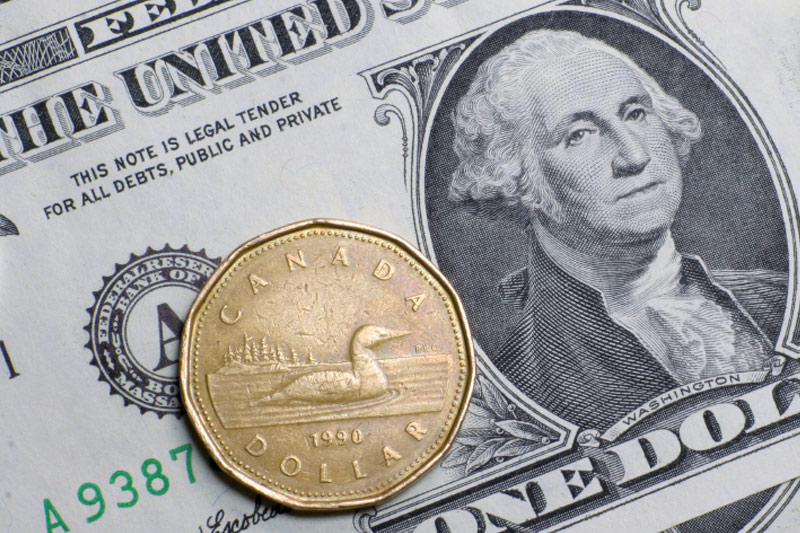Investing.com’s stocks of the week
Investing.com - The U.S. dollar trimmed back gains against the Canadian dollar on Thursday after data showed that Canada’s current account deficit widened less-than-expected in the final three months of 2013.
USD/CAD pulled back from session highs of 1.1144 and was last trading down 0.03% at 1.1129.
The pair was likely to find support at 1.1050 and resistance at 1.1160.
The loonie, as the Canadian dollar is also known, found support after Statistics Canada said the current account deficit widened to a seasonally adjusted C$16.0 billion in the fourth quarter from a deficit of C$14.8 billion in the previous quarter.
Analysts had expected the current account deficit to widen to C$17.0 billion.
In the U.S., the Commerce Department reported that durable goods orders declined by a seasonally adjusted 1% last month, compared to expectations for a 1.5% drop.
Core durable goods orders, excluding volatile transportation items, rose 1.1% in January, the largest increase since May, confounding forecasts for a 0.3% decline.
A separate report showed that the number of people who filed for unemployment assistance in the U.S. last week rose more than expected.
The Labor Department said the number of individuals filing for initial jobless benefits rose by 14,000 to 348,000 from the previous week’s total of 334,000. Analysts had expected an increase of just 1,000.
Demand for the greenback continued to be underpinned as political and military tensions between Russia and Ukraine curbed risk appetite.
Investors were looking ahead to testimony by Federal Reserve Chair Janet Yellen later in the session, after recent series of disappointing U.S. economic reports raised doubts over whether the Fed would stick to the current pace of reductions to its stimulus program.
Ms. Yellen was expected to reiterate that the U.S. central bank would continue to roll back its asset purchase program, as long as the economy improves as expected.
Elsewhere, the loonie was slightly higher against the euro, with EUR/CAD slipping 0.11% to 1.5217.
The euro remained under pressure after lackluster German inflation data on Thursday added to concerns over the threat of deflation in the euro zone, ahead of euro zone inflation data on Friday and the European Central Bank's upcoming meeting next week.
